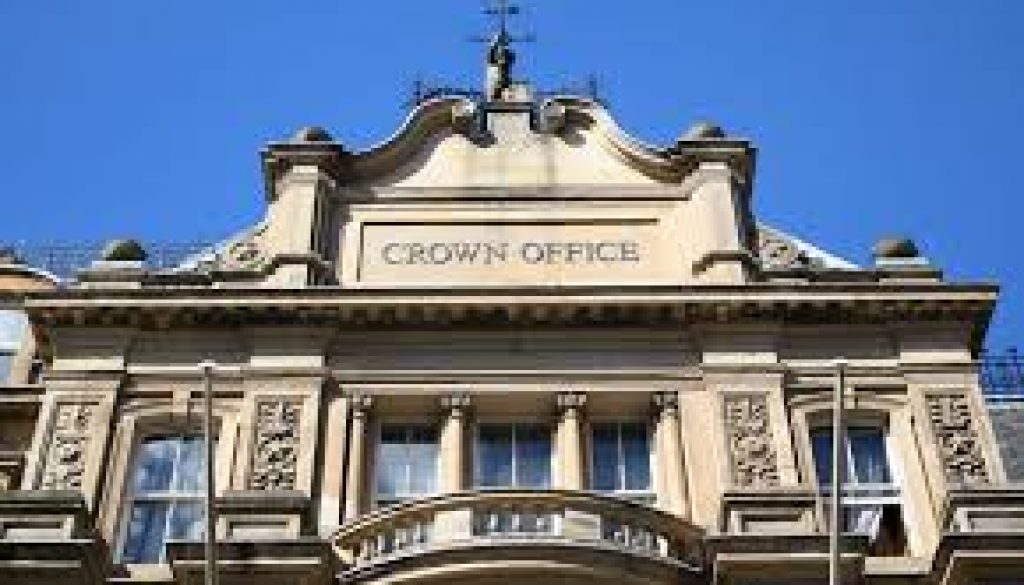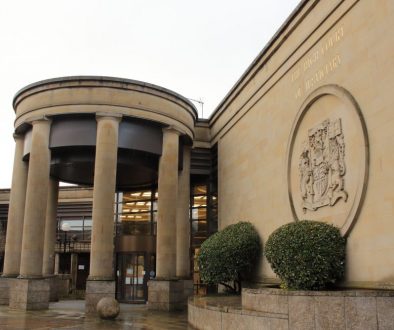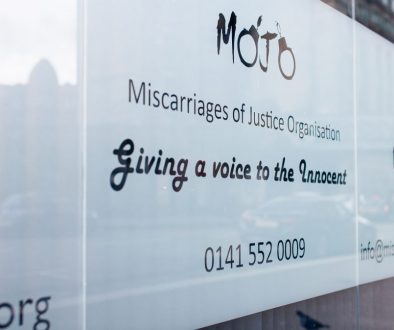Non Disclosure – Another Angle
Question: How do you challenge a wrongful conviction when you can’t get access to the evidence used to convict you?
In any rational, justice-based system the question should be hypothetical. Unfortunately, in Scotland, it’s anything but. This simple question addresses a real and fundamental difficulty faced by many of our clients at the very outset of their efforts to confront the greatest challenge of their lives.
If the existence of our Appeal Court has any meaning at all it must, surely, be in the recognition of a right – a human right – to question, on cause shown, the legitimacy of a criminal conviction. The recognition, in simple terms, that our human rights as members of a society governed by the rule of law do not end at the moment of conviction. This is a right the reality, and the importance, of which are affirmed and underlined by every conviction quashed by the court.
And since the exercise of this right depends on the ability to challenge the evidence that the state says proves your guilt, it seems a morally unanswerable proposition that there exists an ancillary and no less fundamental right to see, and to interrogate, that evidence.
It is this fundamental right that is rendered hypothetical, in the event, by the refusal of the legal establishment to honour either the right itself or the statutory provision – the law, in other words – which purports to confer it. For this particular right is conferred not only by morality but also, in fact, by legislation. Section 162 of the Criminal Justice and Licensing (Scotland) Act 2010, legislation enacted by the Scottish Parliament, confers on an accused person the right to use, and to disclose, Crown evidence for the purposes of preparing an appeal. And yet the reality in Scotland is this: if you’re not represented by a solicitor neither you nor anyone assisting you can access the evidence the state used to convict you. The Crown Office won’t let you see it, far less “use” or “disclose” it. It matters not that you can’t get Legal Aid, and thus can’t afford a solicitor. The very organ of the state that prosecuted you denies you, at its absolute discretion, the means to challenge a miscarriage of justice.
This isn’t justice. It’s not even a credible attempt at playing at justice. Indeed, it seems worth noting that no such pretence is even offered. A recent approach to the Crown Office serves to illustrate. We are assisting a client whose murder conviction causes us concern. The client has no access to Legal Aid. Our request of the Crown Office that we be allowed access, with the client’s authority, to the prosecution evidence was met with a summary refusal. When we then asked for clarification in light of s162 the reply may be summarised thus: “We’ve already said no. Don’t ask again. If you do, we won’t reply.” So the Crown Office approach is simply this: “We’re the Crown Office. We don’t have to abide by the law and we don’t have to tell you why.”
When, and how, did we get to the situation where our fundamental human rights, legislated by an elected Parliament, can be circumvented – cancelled, in fact – by a branch of the civil service? Because, try as I might, I can’t see this as anything else. Any legitimate concerns about the sensitive or confidential nature of a particular piece of evidence can surely be addressed by appropriate redaction – not that we have been offered that option. Of course there’s always the proposition that we can challenge the Crown Office in court. The courts are open to everyone. But then so, the argument goes, is the Ritz Hotel. Welcome to the rule of law in 21st Century Scotland.



